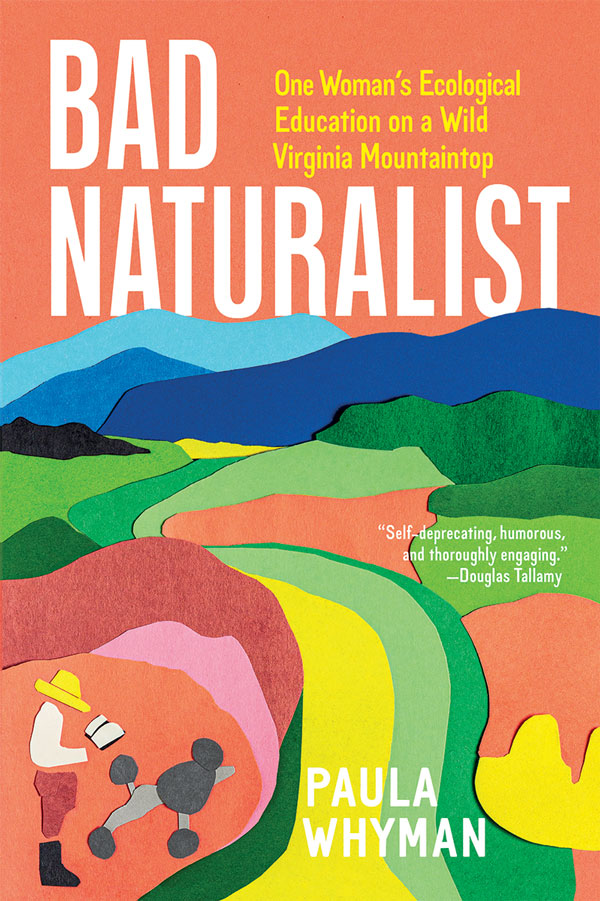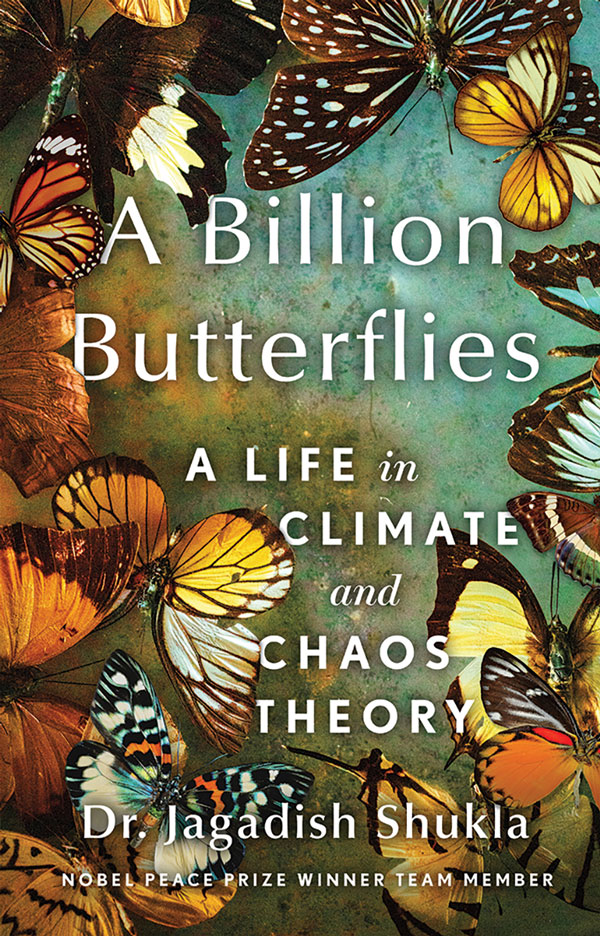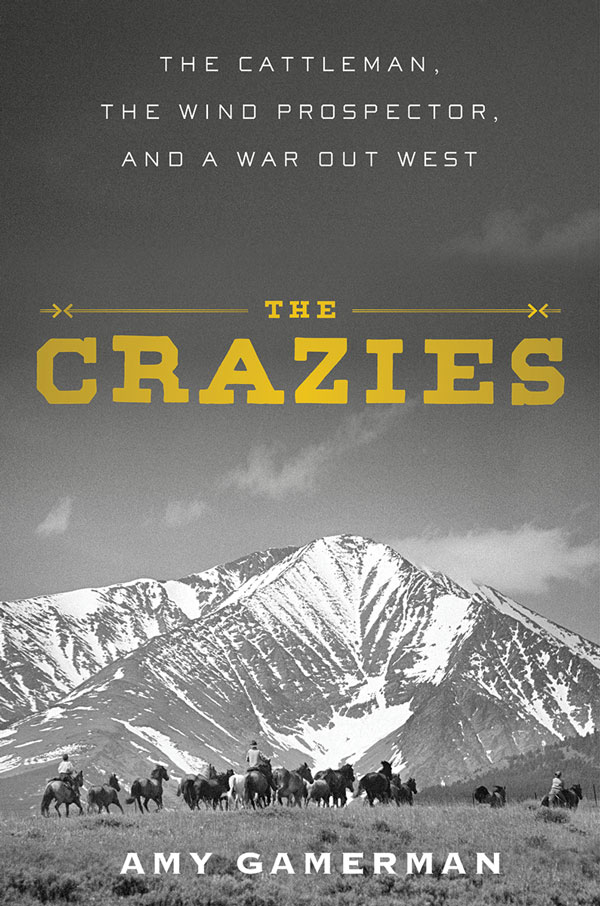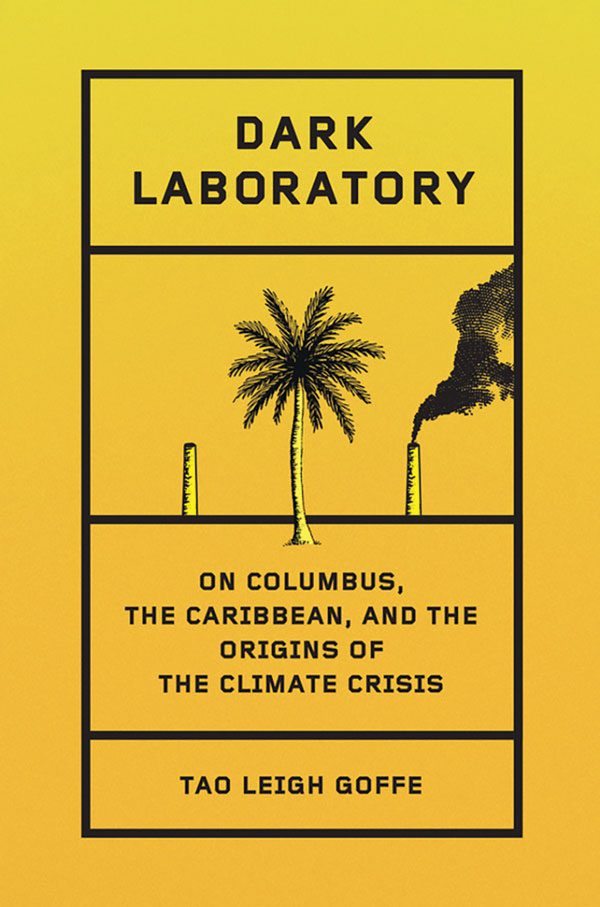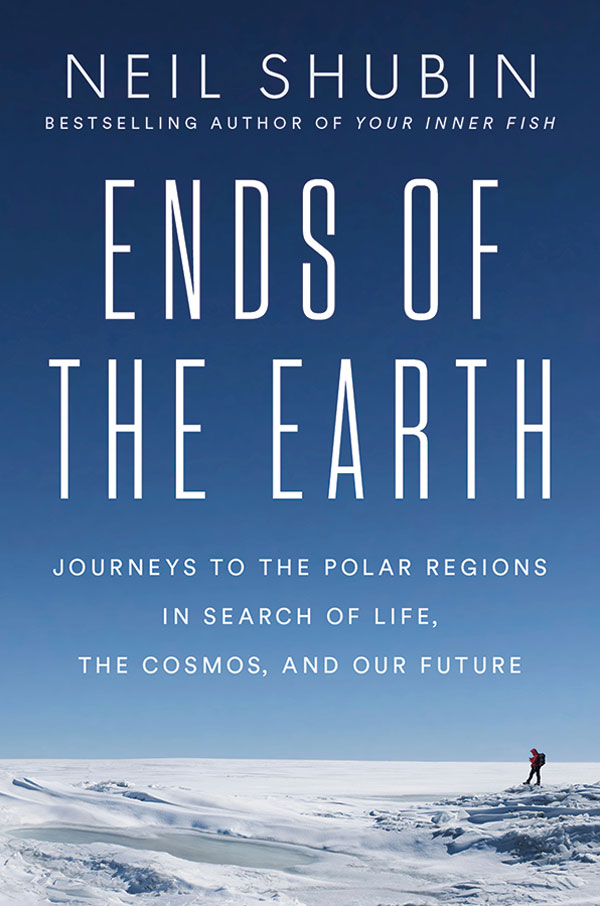Bad Naturalist
Whyman, a journalist in suburban Washington, D.C., purchased 200 acres of cow pasture in the Blue Ridge Mountains in 2021 with the goal of restoring it to native meadow and, eventually, building a house there. In a frequently self-deprecating tone, she enumerates the challenges and discoveries encountered along the way, including rattlesnakes, fugitive seeds from nearby nurseries, and neighboring farmers with conflicting aims. A weed, she finds, is in the eye of the beholder.
more
A Billion Butterflies
Shukla was a lead author on the Intergovernmental Panel on Climate Change’s fourth assessment; he and his team shared the 2007 Nobel Peace Prize with Al Gore. His memoir recounts the life and career that led him there, from his childhood in an Indian village with no roads or electricity that was susceptible to ravaging monsoons and unpredictable harvests, to his doctoral studies in meteorology at MIT and beyond. His research led to the development of climate forecasting well beyond daily and seasonal weather prediction.
more
The Crazies
Wall Street Journal real estate and culture reporter Gamerman “recaps a zoning and development controversy in the picturesque Crazy Mountains region near Big Timber, Mont.,” according to PW’s review, making for “a captivating saga.” As a local rancher who hopes a wind farm will preserve his land squares off in a legal brawl against the NIMBY interests of a billionaire oilman and other wealthy ranch owners, Gamerman captures the consequences of climate inaction and the rising tensions between the superrich and those trying to protect an increasingly untenable way of life.
more
Dark Laboratory
“In this roving, erudite debut study,” per PW’s starred review, “Goffe, a professor of literary theory and cultural history at Hunter College, traces the attitudes and beliefs that undergird today’s climate crisis back to the racist, extractive systems of thought developed by European colonizers in previous centuries.” People of color, she writes, were forced to perform ecologically destructive labor, such as clearing native vegetation for monocrop plantations, and are the most vulnerable to its consequences.
more
Ends of the Earth
University of Chicago professor Shubin, whose 2008 book about evolution, Your Inner Fish, was adapted into an Emmy-winning PBS miniseries, draws on his more than 30 years of polar expeditions, as well as historical narratives and earth science, to show readers what the melting ice caps reveal about a changing world. Crumbling ice shelves and Indigenous communities grappling with radical seasonal shifts speak to a rapidly warming globe, while governments probe the underlying bedrock in a race to claim newly accessible mineral and gas deposits.
more



